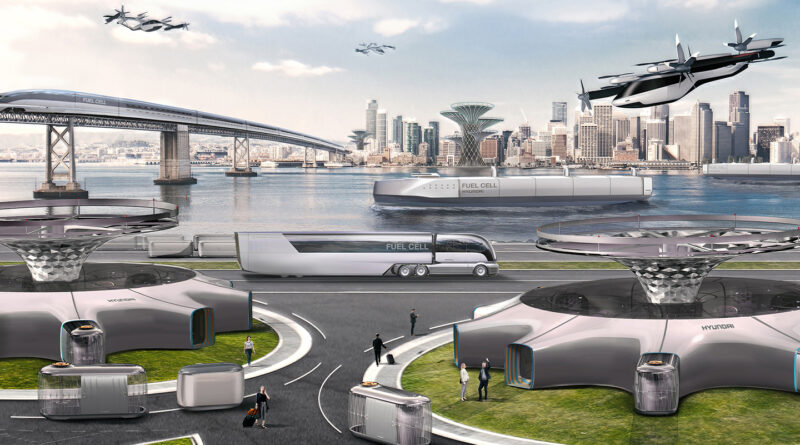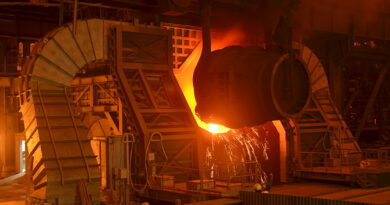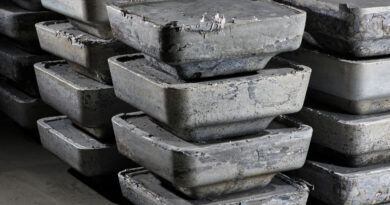Platinum-based hydrogen technologies showcased at Tokyo 2020
Japan is committed to achieving net zero by 2050, with a recently-announced ¥2 trillion (US$18.2 billion) government spending package created to back green innovation projects, including ¥370bn (US$3.4bn) to support hydrogen technology development over the next ten years.
The country is already at the forefront of hydrogen technological development and it has taken the opportunity to showcase its expertise at Tokyo 2020, in line with its vision of ‘staging the most innovative Games in history and bringing positive legacy to future generations’.
For the first time, the Olympic flame is fuelled by emissions-free green hydrogen rather than propane, while the Olympic village has been equipped with a hydrogen refuelling station and a hydrogen pipeline to serve the platinum-based fuel cell electric vehicle (FCEV) buses and cars that are being deployed to transport the athletes.
Had spectators been allowed to attend the Games, a fleet of FCEV buses was also intended to transport them around Tokyo, however this is no longer necessary due to the pandemic.
GLOBAL LEADER
Beyond the Olympics, Japan’s Toyota Motor Corporation, a global leader in fuel cell technology, believes that hydrogen is positioned to be one of the most viable clean energy sources of the future. It currently has two projects underway exploring the utilisation and application of hydrogen energy.
At its prototype city of the future located at the base of Mount Fuji in Shizuoka Prefecture, Woven City, Toyota is working with Eneos, a leading operator of hydrogen refuelling stations, to create an integrated hydrogen society.
Described as a ‘living laboratory’ the 175-acre Woven City site will serve as a home to full-time residents and researchers who will be able to test and develop technologies such as autonomy, robotics, personal mobility, smart homes and artificial intelligence in a real-world environment.
It will be populated by 2,000 Toyota Motor Corporation employees and their families, retired couples, retailers, visiting scientists, and industry partners. Plans include the promotion of hydrogen-powered FCEVs and the construction of green hydrogen refuelling facilities.




